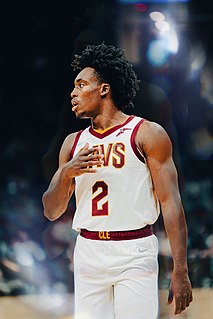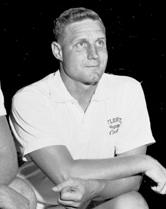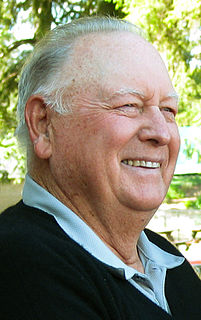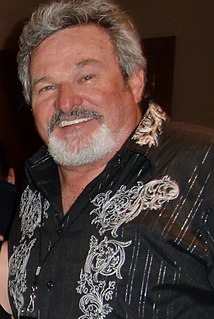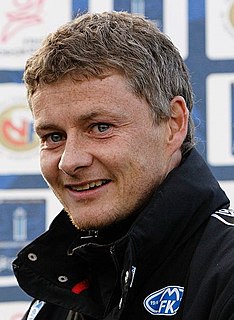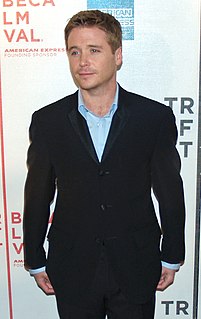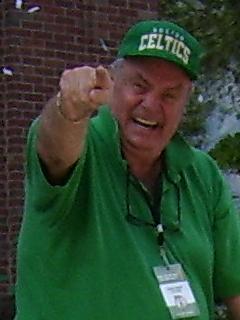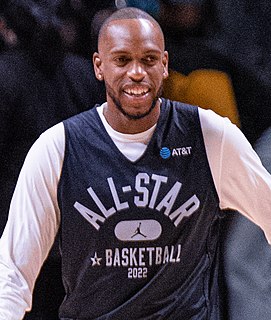A Quote by Tony Evans
Don't wait until you are a big shot to do big shot things.
Related Quotes
I love the rehearsal, as long as it's not over-rehearsed. I love it when the actors can rehearse until we feel really comfortable, and then the crew come in and shoot it. I'm not especially a big fan of rehearsing with the crew and the crew rehearsing and, "Let's rehearse this tracking dolly shot 25 times until it's just right." Television has to be shot a certain way to have a certain look. And sometimes the tried-and-true method is the best.
There are two things I will always remember. First, a shot against Derby that hit the inside of the post but didn't go in, and we could only draw 2-2. And then the really big chance against Bayer Leverkusen, two minutes from the end of the Champions League semi-final, when I shot over the bar. That hurt a lot.
If I'm ever working on a set and anyone talks about a master shot, I say there is no master shot. Before I even went to film school, I learned about movies by being in a British feature film, where everything was shot master shot, mid-shot, close-up. But I reject the idea of a master shot. You don't shoot everything mechanically; you find imaginative ways that serve the action.



